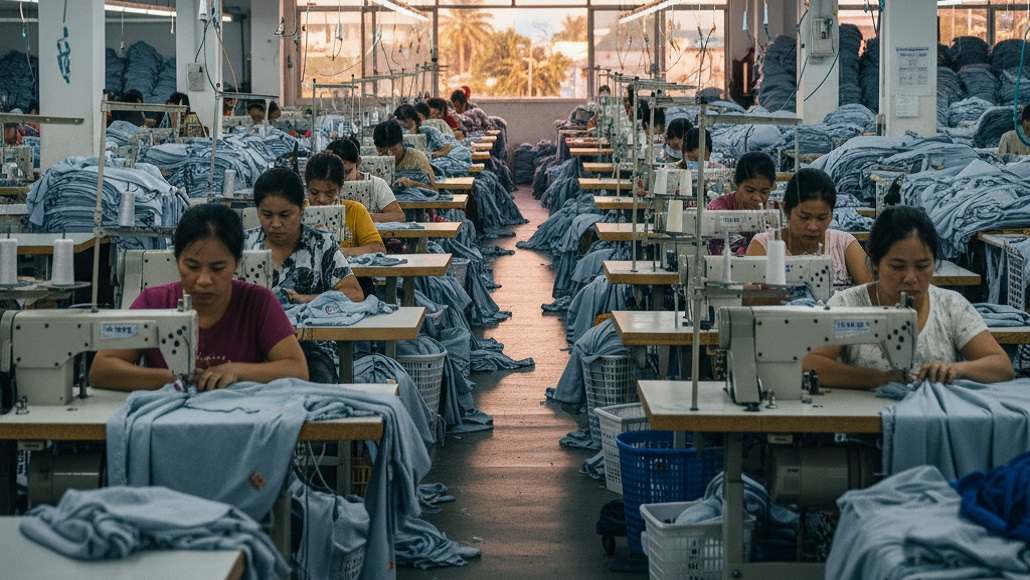Thailand’s garment sector is urging the government to expedite discussions regarding a Free Trade Agreement (FTA) with the European Union (EU) to maintain its competitive edge in a challenging international landscape. The call comes as increased trade barriers, rising labor costs, and US tariffs place substantial pressure on manufacturers.
Yosthon Kitkuson, the president of the Thai Garment Manufacturers Association (TGMA), emphasized that the Thailand garment industry EU FTA negotiations are crucial for leveling the playing field against Vietnam, which currently benefits from tariff-free access to European markets. Presently, approximately 40% of Thailand’s garment exports are directed to the United States, followed by Japan with 18%. Shipments to the EU, however, encounter tariffs ranging from 10% to 20%, diminishing competitiveness for Thai products.
In addition to concerns regarding international trade, industry leaders voiced apprehension over a proposed increase in the daily minimum wage to 400 baht. They highlighted that the garment industry, employing between 600,000 and 800,000 workers, is labor-intensive and reliant on raw materials, which together constitute 60% to 70% of total production costs. Employers argue that the wage increase could disproportionately affect new and unskilled workers, further straining manufacturers already grappling with tight profit margins.
The garment sector has urged the government to ensure that wage policies are balanced with timely trade agreements, underscoring the importance of both elements for fostering growth and maintaining global competitiveness. The Thailand garment industry EU FTA negotiations are viewed as essential not only for preserving current market positions but also for enhancing the sector’s contribution to the national economy amid evolving international trade dynamics.

































